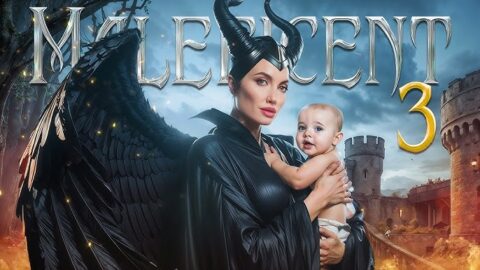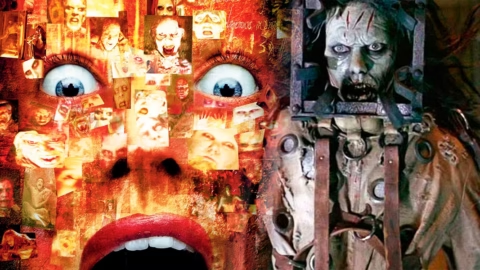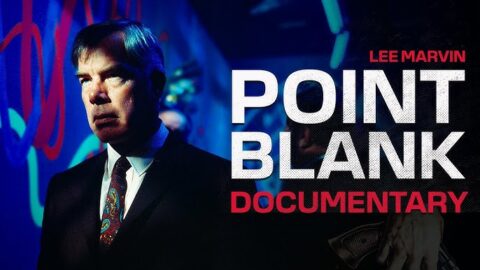The Invisible Woman (2013) – A Poetic and Poignant Glimpse into a Hidden Love
Genre: Biography / Drama / Romance
Director: Ralph Fiennes
Starring: Ralph Fiennes, Felicity Jones, Kristin Scott Thomas, Tom Hollander
The Invisible Woman is a restrained, elegant period drama that explores the secret, emotionally charged relationship between famed author Charles Dickens (Ralph Fiennes) and his much younger mistress, Nelly Ternan (Felicity Jones). Based on Claire Tomalin’s biography, the film paints a nuanced portrait of a love that was hidden from society yet deeply influential for both individuals.
Fiennes, who also directs, portrays Dickens not only as the celebrated public figure but as a man driven by passion, ego, and longing. Felicity Jones gives a layered, quietly devastating performance as Nelly, a young actress caught between admiration and sacrifice, pulled into a relationship that would come to define—and obscure—her identity.
Set against the rigid social norms of Victorian England, the film shifts between Nelly’s reflective later years and the intensity of her youthful affair with Dickens. The narrative unfolds with care, never sensationalizing but rather meditating on memory, regret, and the cost of emotional secrecy.
Visually, The Invisible Woman is rich in atmosphere. The cinematography and production design envelop viewers in soft, shadowed interiors and fog-draped exteriors, enhancing the film’s introspective tone. Fiennes’ direction is delicate, favoring internal conflict over melodrama, giving space for silence, longing glances, and unspoken truths.
This is not a sweeping romance, but rather a deeply introspective one—more about restraint than release. It raises questions about women’s roles in history, the compromises made for love, and the pain of living in the margins of someone else’s fame.
The Invisible Woman is a quiet, haunting film that lingers long after its final scene. It offers a rare, sensitive look at the emotional life behind a literary legend and the woman history almost forgot.







